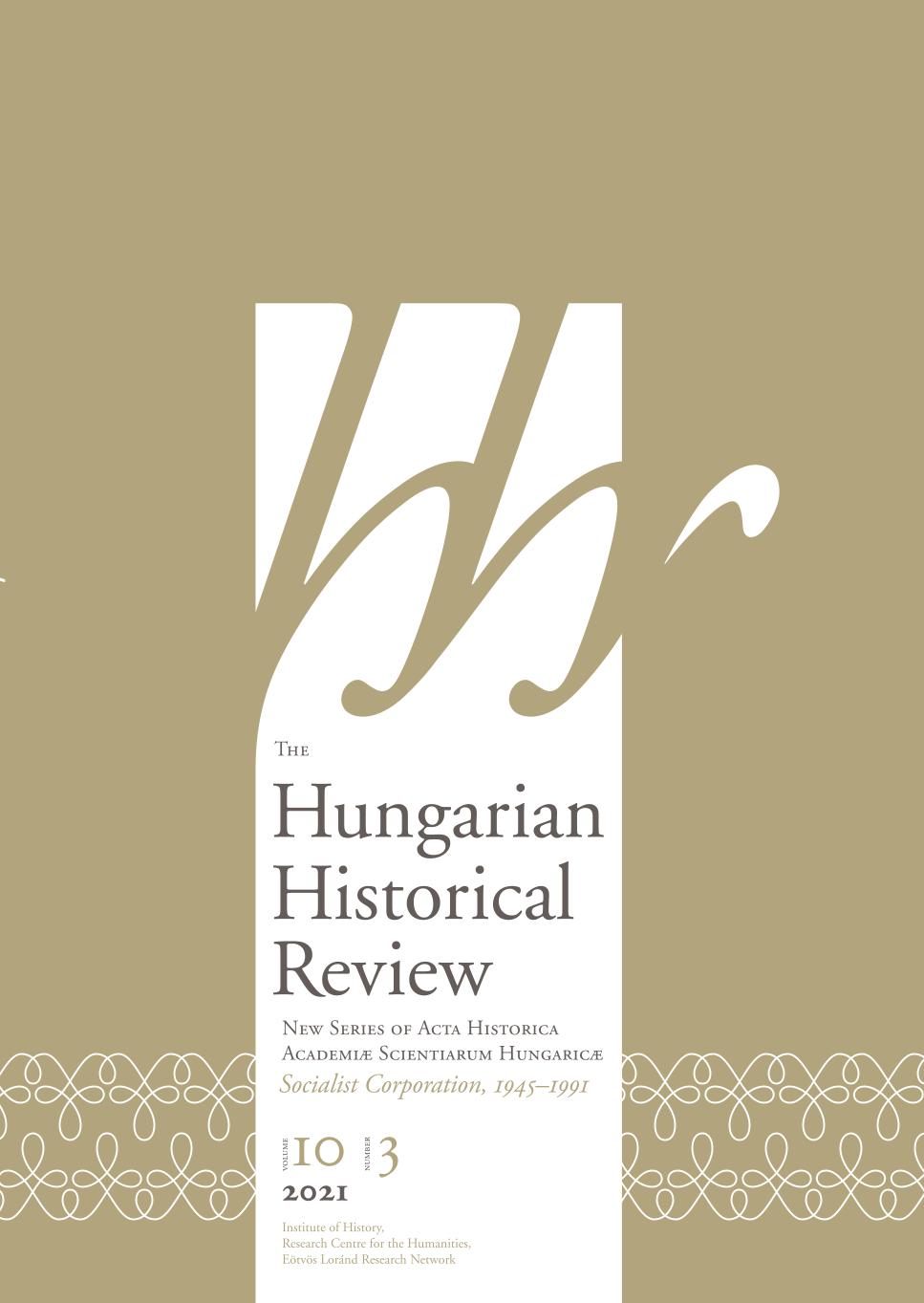Foreign Investments and Socialist Enterprise in Slovenia (Yugoslavia): The Case of the Kolektor Company
Foreign Investments and Socialist Enterprise in Slovenia (Yugoslavia): The Case of the Kolektor Company
Author(s): Žarko LazarevićSubject(s): Post-War period (1950 - 1989)
Published by: Magyar Tudományos Akadémia Bölcsészettudományi Kutatóközpont Történettudományi Intézet
Keywords: Yugoslavia; Slovenia; communism; commutator economic reforms; socialist enterprise; joint ventures
Summary/Abstract: In this article, I examine foreign investment in the socialist enterprise in the former Yugoslavia based on the case study of Kolektor in the context of the liberalized communist social and economic order. Foreign investments were allowed in the form of joint ventures. I present these investments from the viewpoint of economic reforms, the concept of socialist enterprise, and the concept of economic development, which enabled foreign investments and shaped regulation and the structure of foreign investments in Yugoslavia. The history of the case of Kolektor began at a time when Slovenia still belonged to the former Yugoslavia, which was arguably a liberalized type of communist economic system. This was during the Cold War, when both Europe and the rest of the world were divided essentially along the lines of the communist east and the capitalist west. The Kolektor Company was established in 1963 as a state socialist enterprise for the manufacture of the rotary electrical switches known as commutators. From the outset, the company tried to establish international cooperation to acquire modern technology. In 1968, it reached an agreement with the West German Company Kautt & Bux, which at the time was the technological and market leader in the production of commutators. Kautt & Bux invested in Kolektor and became an owner of 49 percent of the company. The investment proved very profitable for both partners. The Slovenian side got access to modern technology and expertise, and the German side got additional production facilities, skilled workers, and low-cost production, which increased its competitiveness on international markets.
Journal: The Hungarian historical review : new series of Acta Historica Academiae Scientiarum Hungaricae
- Issue Year: 10/2021
- Issue No: 3
- Page Range: 556-580
- Page Count: 25
- Language: English

